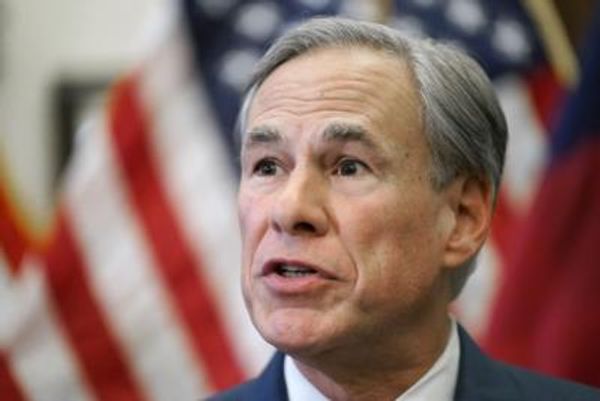@WillChamberlain, "Senior Counsel at @The_IAP, the @Article3Project, and @UnsilencedOrg," tweeted the name of a law clerk at the Supreme Court and said that, "in my humble opinion, she's the most likely person to have leaked the draft Supreme Court opinion in Dobbs, purporting to overturn Roe v. Wade." He wrote, in the second tweet in the thread,
I have no inside information. This thread is speculation, based almost entirely on publicly available information. I could easily be wrong.
And then in follow-on tweets in the thread, he pointed to her various credentials, publications, past jobs, and a family member's connection with Josh Gerstein, one of the Politico reporters who broke the story of the leaked draft. Say Chamberlain is mistaken; could the clerk successfully sue him for libel? (Note that I think that public accusations based on such conjecture are dangerous and unfair, especially when there's an investigation that is likely to be comprehensive and effective, and that will likely identify the culprit much more reliably; but I'm dealing here with the legal issue, not the ethical one.)
The answer is that this is very likely not libel, if the clerk is domiciled in D.C. or Maryland (and pretty likely not if the clerk is domiciled in Virginia), and if all the factual assertions about the publications, credentials, and connections are accurate. Here is the classic formulation of the legal rule, from the Restatement (Second) of Torts § 566:
A simple expression of opinion based on disclosed or assumed nondefamatory facts is not itself sufficient for an action of defamation, no matter how unjustified and unreasonable the opinion may be or how derogatory it is….
Illustrations:
[3.] A writes to B about his neighbor C: "I think he must be an alcoholic." A jury might find that this was not just an expression of opinion but that it implied that A knew undisclosed facts that would justify this opinion.
[4.] A writes to B about his neighbor C: "He moved in six months ago. He works downtown, and I have seen him during that time only twice, in his backyard around 5:30 seated in a deck chair with a portable radio listening to a news broadcast, and with a drink in his hand. I think he must be an alcoholic." The statement indicates the facts on which the expression of opinion was based and does not imply others. These facts are not defamatory and A is not liable for defamation….
By way of recapitulation, … [i]f the defendant bases his expression of a derogatory opinion of the plaintiff on his own statement of facts that are [true], he is not subject to liability for the factual statement—nor for the expression of opinion, so long as it does not reasonably indicate an assertion of the existence of other, defamatory, facts that would justify the forming of the opinion.
Thus, simply saying "In my opinion" isn't enough to avoid liability (see illustration 3). But laying out an accurate statement of the facts, as in illustration 4, and then indicating your opinion based on the facts is enough to avoid liability (even if it's a huge leap, see "I think he must be an alcoholic" based on two incidents of drinking at 5:30).
Now this Restatement provision isn't a statute; it's just a summary of the law prepared by the academics, lawyers, and judges who are involved with the American Law Institute, a private nonprofit organization.
But it's highly influential, and D.C. and Maryland high courts have specifically endorsed the not-libel-if-inference-based-on-disclosed-facts principle I quote above; the Virginia high court has also generally cited § 566 favorably, though without specifically focusing on the undisclosed fact doctrine. In Milkovich v. Lorain Journal Co. (1990), the Supreme Court took the view that the principle isn't mandated by the First Amendment, but of course states (and D.C.) can give more protection to libel defendants than the First Amendment requires, and that appears to have happened here.
I focus on D.C., Maryland, and Virginia because that's where the clerks are likeliest to live, and generally speaking courts apply the law of the place of domicile of the plaintiff in such cases. But it's complicated, especially if a person's professional life is centered (even if just for a year) in a different place, which might cut in favor of applying the law of that place (D.C.); and it's also possible that someone who is temporarily working in a jurisdiction would be viewed by the law as domiciled where she had lived before, and where she plans to return. But many other states (such as Massachusetts and New York) follow the principle I lay out here as well.
Again, this is just a legal analysis, not an ethical analysis, and most certainly not any endorsement of the inferences that @WillChamberlain's tweets draw. And of course I'd love to hear about any contrary precedents that I may have missed and that might be helpful here.
The post Libel to Lay Out Facts About Law Clerk's Writings and Associations, and Say Clerk Is Thus Likely the Leaker? appeared first on Reason.com.







